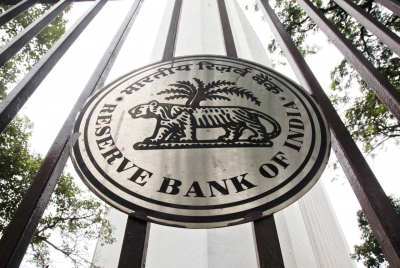Finance Minister Nirmala Sitharaman told about the digital currency of the central bank in India at an event in America
In this year’s general budget, the government told about many schemes regarding digital currency. Now RBI is all set to launch it. It will be implemented by RBI after getting permission from the central government.
According to the information, it can be implemented in a phased manner in the last quarter of the current financial year. The scheme of RBI can be implemented in two phases. After two phases, finally the general public will get the freedom to transact or invest in digital currency corporatized by RBI or its other commercial use, while the first is to launch digital currency for wholesale customers on a pilot basis. After that it will be offered to retail customers on a pilot basis. At the same time, officials who are preparing to launch CBDC say that the general public will have another option to pay in the form of digital currency. An advantage to the central bank would be that its cost on money management would be lower. At present, a part of the currency in the system has to be kept in liquid form. This makes it cost more.
Let us tell you that India or RBI are not alone in doing this, but many other countries are also preparing to launch digital currency in the same way. It is believed that this is being done to make the system of financial payment more easy and affordable, eliminating many barriers to the payment path at the global level. It also has an advantage that it will also protect against fluctuations in the exchange rate to an extent. One of the major reasons behind the announcement by the Finance Minister in the General Budget was that India does not want to take the risk of being left behind in the digital currency.
(function (d, s, id) {
var js, fjs = d.getElementsByTagName(s)[0];
if (d.getElementById(id))
return;
js = d.createElement(s);
js.id = id;
js.src=”https://connect.facebook.net/en_GB/sdk.js#xfbml=1&version=v3.2″;
fjs.parentNode.insertBefore(js, fjs);
}(document, ‘script’, ‘facebook-jssdk’));

